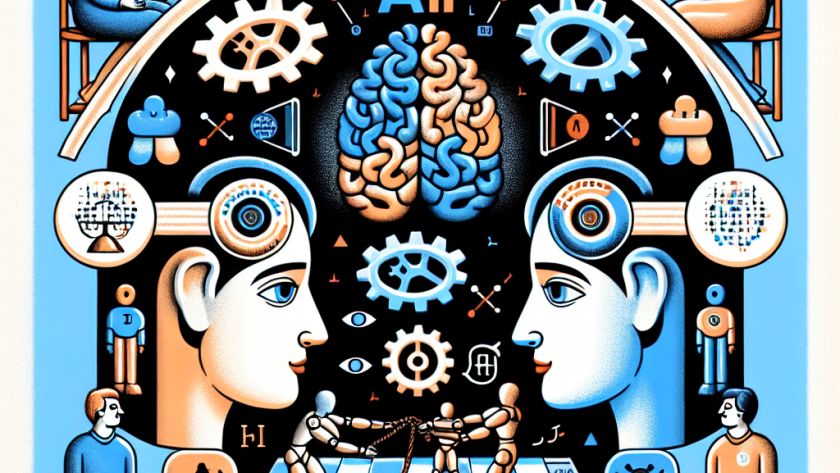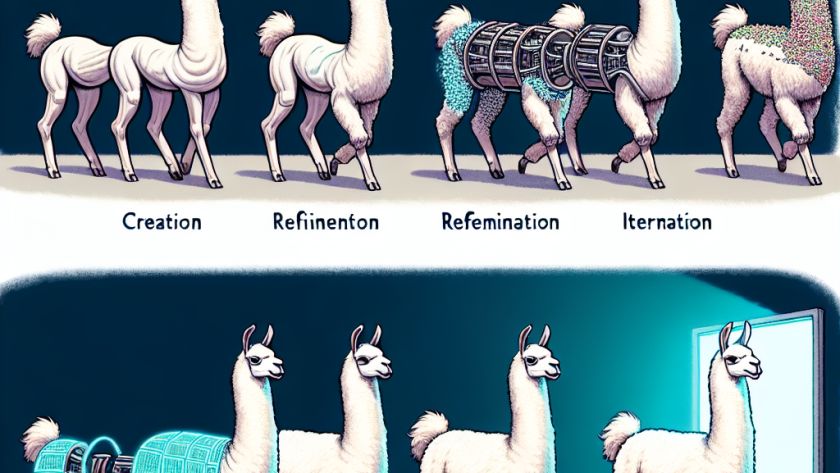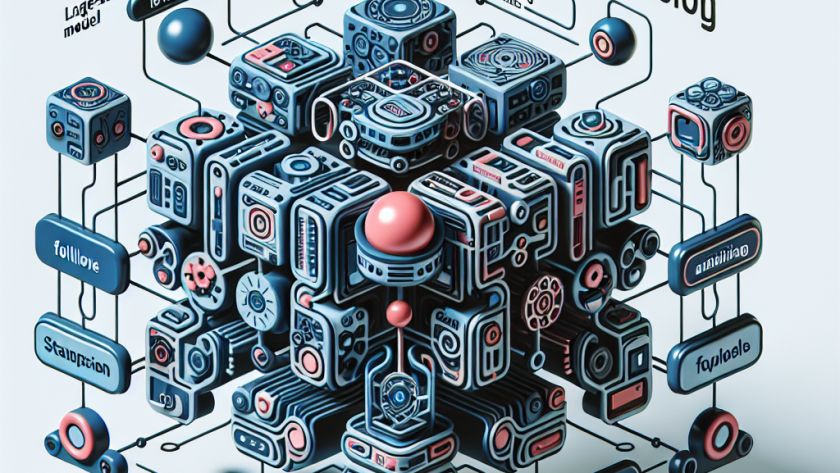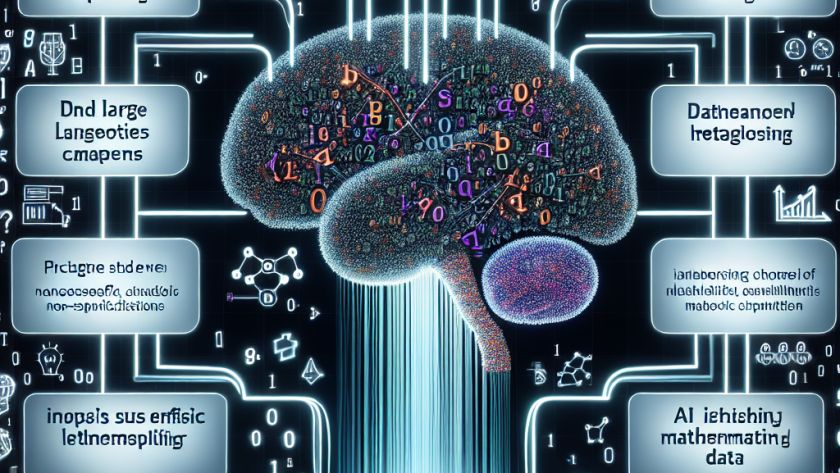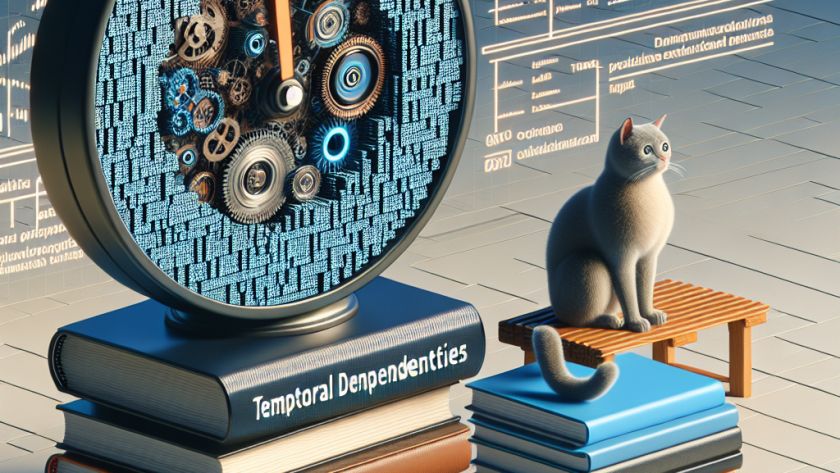Large language models (LLMs) have gained significant attention in recent years, but their safety in multilingual contexts remains a critical concern. Studies have shown high toxicity levels in multilingual LLMs, highlighting the urgent need for effective multilingual toxicity mitigation strategies.
Strategies to reduce toxicity in open-ended generations for non-English languages currently face considerable challenges due to…




